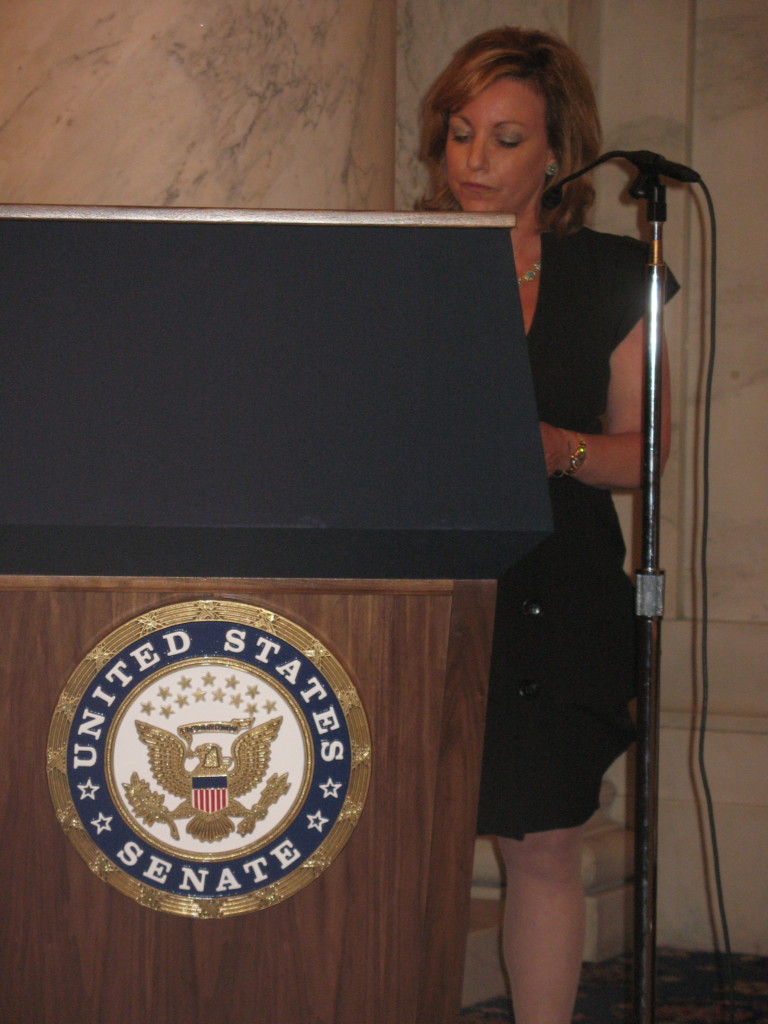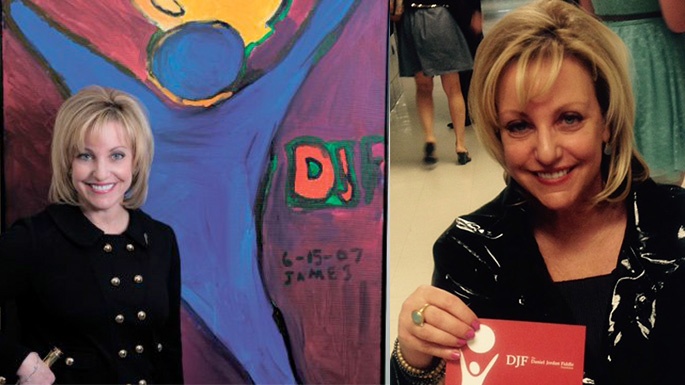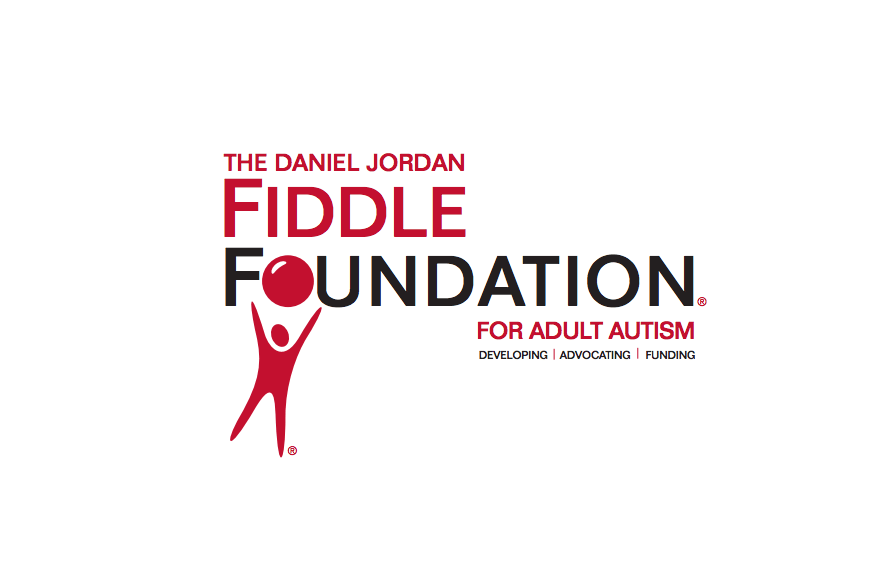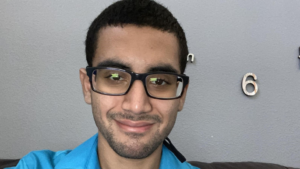This guest Q&A is with Linda J. Walder who is the Founder and Executive Director of The Daniel Jordan Fiddle Foundation, the nation’s first autism organization to focus exclusively on adult autism since 2002. Linda is passionate about enhancing opportunities for the diverse population of autistic adults to fulfill their dreams and potential. She has worked with the country’s renowned service providers to create programs addressing residential, educational, employment and recreational endeavors; she has developed innovative and much needed resources for the autism community including travel training and autism/epilepsy guides; and she has lead the way for creating public policy on the state and national levels working with legislators and community leaders. Linda’s guiding light is her son Danny, for whom the organization is named, and in whose honor and memory she preserves his legacy and the value of each individual life touched by autism.
Hi Linda! So when did the idea for your not for profit organization first come about?
The Daniel Jordan Fiddle Foundation is named for my son Daniel who passed away almost 17 years. Danny, as he was known was diagnosed at 18 months old with Autism Spectrum Disorder. During his lifetime, I was concerned that as he aged to adulthood there were little to no programs, residential or employment opportunities and avenues to participate in all aspects of community life. When Danny died there was no other path for me but to honor his lifetime by focusing on what I saw as a strikingly profound void in understanding and addressing the needs of the diverse adult autism community. My board of trustees (who by the way are 16 years later still the original members who all serve as volunteers) and I established The Daniel Jordan Fiddle Foundation as the first national autism organization to specifically focus on adult autism—including co-developing with the nation’s leading service providers programs and support services for all aspects of adult life, advocacy and the creation of public policy that benefits autistic adults on the state and national levels and most recently establishing at leading universities specific adult autism related endowment funds that will assure for generations to come that there will be a concentrated effort to apply cutting-edge research, training and development of leadership in the autism community for generations to come.
What can other nonprofit organizations learn from your success? Your team has done so much especially for adults with autism.
When starting a not for profit organization it is very important to clearly define your organization’s specific mission and core values and to periodically revisit these to make sure you are staying true to and focused on these. Many organizations fail or have limited success because their mission is too broad or they do not abide by the values that inspired them to begin their not for profit organization. Simply put, know who you are, why you are, and how you will accomplish your stated goals.
What’s one of the most common misconceptions out there about adults with autism today in our community that you’d like to see debunked?
I have been saying for decades that we need to stop categorizing and judging each other, including autistic adults. Each person is an individual, and I believe we limit our success as a society by placing individuals into little boxes of what they can do and what they cannot do. Let’s break the molds, the barriers, the judgmental conceptions, and let’s find ways to value one another. When we value one another we then seek ways to improve lives, open doors and create an accepting society. That is the goal.
 Because of your efforts you’ve been featured in major media and made a national impact on our community. What would you say is one of your favorite media appearances you’ve done so far?
Because of your efforts you’ve been featured in major media and made a national impact on our community. What would you say is one of your favorite media appearances you’ve done so far?
I completely understand how important it is to have the media help to foster acceptance and awareness about autism, and in particular that autism is lifelong with varying degrees of impact. For me, I prefer speaking with people directly and I have had wonderful opportunities to share ideas with autistic adults, legislators, parents and siblings as well as very caring members of the community at large. These have been the greatest times!
We love the idea behind The Daniel Jordan Fiddle Foundation Community Resources! For our audience reading this Q&A what would be some resources you’d recommend for those to learn more about the needs of adults with autism?
The Daniel Jordan Fiddle Foundation website is a great place to begin to learn more about who we are http://www.djfiddlefoundation.org including accessing our free and downloadable original resources. Our endowment funds at Yale University, Brown University, Rutgers University and the University of Miami are poised to be leading sources of resources and innovation for decades to come. We share updates on our Facebook page and on our website, so people should become our friend on Facebook to stay in touch.
How can our readers learn more about your group and potentially get involved with your cause?
It is noteworthy that The Daniel Jordan Fiddle Foundation is an all volunteer-run organization, including me, and has been so since our inception. We are always looking for volunteer help with our social media efforts to enhance awareness. People can contact me at linda@djfiddlefoundation.org if they have ideas and want to help.
Anything else you’d like to share with our readers?
It is so important that we as autism community continue to innovate with new approaches to address the important issues that exist throughout the lifespan for autistic individuals and their families. In my BLOG that is entitled Autism for a Lifetime: Finding Joy in the Journey (you can read this from our website or facebook page) I offer thoughts, ideas and hopefully inspiration to the autism community and others who care. I know that I will always strive in some capacity to serve this community that is composed of some of the most heroic and magnificent people I have had the privilege to know.
My prayer is that the next generation of leaders will go forward with optimism and the knowledge that “every drop of rain matters to the ocean.”















